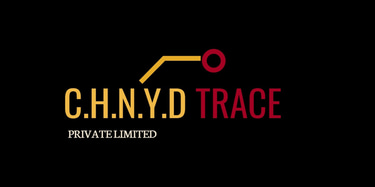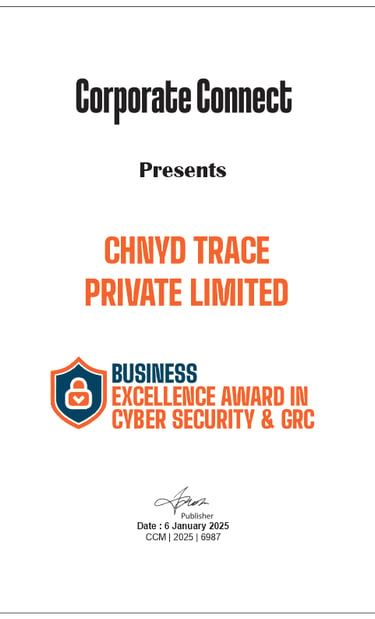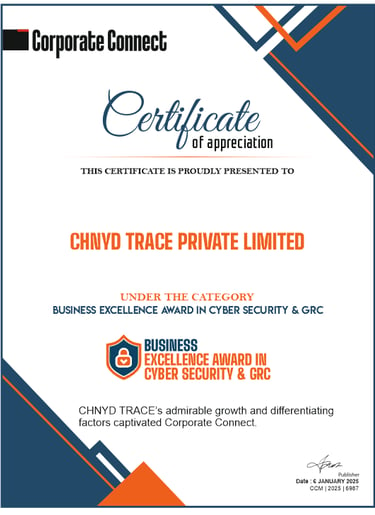What is ISO 27001 ? : ISMS Explained
Discover what ISO 27001 is and how it relates to Information Security Management Systems (ISMS). Learn about ISO 27001 certification and its importance for organizations in safeguarding their information assets.
10/14/20242 min read


What is ISO 27001?
ISO 27001 is an international standard that outlines the requirements for an information security management system (ISMS). Essentially, it provides a framework for organizations to ensure the confidentiality, integrity, and availability of their information. Achieving ISO 27001 certification demonstrates a commitment to managing sensitive information securely and effectively. This standard applies to any organization, regardless of size or industry, making it a key component of modern information security practices.
A Brief History of ISO 27001
The journey of ISO 27001 began in the early 2000s, evolving from the British Standard BS 7799, which was first published in 1995. This set the foundation for information security management systems. Its development culminated in the introduction of ISO 27001 in 2005. Since then, it has undergone revisions, with ISO 27001:2013 being the most recent version, updating the controls and requirements to better suit the modern digital landscape.
Control Numbers and Their Importance
ISO 27001 includes a comprehensive list of controls, known as Annex A, which consists of 114 controls divided among 14 control categories. These categories address various aspects of information security, such as access control, asset management, incident management, and risk assessment. Out of these, some of the most critical controls include:
Access Control (A.9) - This ensures that only authorized users have access to specific information.
Asset Management (A.8) - It involves identifying and managing assets related to information security.
Incident Management (A.16) - Establishing procedures for effectively managing and responding to information security incidents.
Understanding these controls is essential for organizations that aim to implement ISO 27001, as they form the backbone of an effective ISMS.
Which Sectors Benefit Most from ISO 27001?
ISO 27001 is particularly relevant for sectors that handle sensitive data, including finance, healthcare, and information technology. For example, in the finance sector, safeguarding customer data and financial records is paramount, making compliance with ISO 27001 a top priority. Similarly, healthcare organizations manage vast amounts of patient information that must be kept secure to comply with regulations like HIPAA.
Beyond these industries, any organization that values the security of its information assets can benefit from the framework provided by ISO 27001. Certifications like these not only build trust with customers but also enhance the organization’s ability to manage risks effectively.
Conclusion
In summary, ISO 27001 is a vital standard that helps organizations manage their information security risks effectively. With its rich history and a comprehensive list of controls, it provides a structured approach to safeguarding sensitive information across various sectors. If your organization deals with crucial data, adopting ISO 27001 could very well be the next step towards a secure future.




